Dani Rodrik - Economics Rules: The Rights and Wrongs of the Dismal Science
Here you can read online Dani Rodrik - Economics Rules: The Rights and Wrongs of the Dismal Science full text of the book (entire story) in english for free. Download pdf and epub, get meaning, cover and reviews about this ebook. year: 2015, publisher: W. W. Norton & Co., genre: Politics. Description of the work, (preface) as well as reviews are available. Best literature library LitArk.com created for fans of good reading and offers a wide selection of genres:
Romance novel
Science fiction
Adventure
Detective
Science
History
Home and family
Prose
Art
Politics
Computer
Non-fiction
Religion
Business
Children
Humor
Choose a favorite category and find really read worthwhile books. Enjoy immersion in the world of imagination, feel the emotions of the characters or learn something new for yourself, make an fascinating discovery.
- Book:Economics Rules: The Rights and Wrongs of the Dismal Science
- Author:
- Publisher:W. W. Norton & Co.
- Genre:
- Year:2015
- Rating:4 / 5
- Favourites:Add to favourites
- Your mark:
Economics Rules: The Rights and Wrongs of the Dismal Science: summary, description and annotation
We offer to read an annotation, description, summary or preface (depends on what the author of the book "Economics Rules: The Rights and Wrongs of the Dismal Science" wrote himself). If you haven't found the necessary information about the book — write in the comments, we will try to find it.
Rethinking economics, from the inside out.
In the wake of the financial crisis and the Great Recession, economics seems anything but a science. In this sharp, masterfully argued book, Dani Rodrik, a leading critic from within, takes a close look at economics to examine when it falls short and when it works, to give a surprisingly upbeat account of the discipline.
Drawing on the history of the field and his deep experience as a practitioner, Rodrik argues that economics can be a powerful tool that improves the worldbut only when economists abandon universal theories and focus on getting the context right. Economics Rules argues that the disciplines much-derided mathematical models are its true strength. Models are the tools that make economics a science.
Too often, however, economists mistake a model for the model that applies everywhere and at all times. In six chapters that trace his discipline from Adam Smith to present-day work on globalization, Rodrik shows how diverse situations call for different models. Each model tells a partial story about how the world works. These stories offer wide-ranging, and sometimes contradictory, lessonsjust as childrens fables offer diverse morals.
Whether the question concerns the rise of global inequality, the consequences of free trade, or the value of deficit spending, Rodrik explains how using the right models can deliver valuable new insights about social reality and public policy. Beyond the science, economics requires the craft to apply suitable models to the context.
The 2008 collapse of Lehman Brothers challenged many economists deepest assumptions about free markets. Rodrik reveals that economists model toolkit is much richer than these free-market models. With pragmatic model selection, economists can develop successful antipoverty programs in Mexico, growth strategies in Africa, and intelligent remedies for domestic inequality.
At once a forceful critique and defense of the discipline, Economics Rules charts a path toward a more humble but more effective science.
Dani Rodrik: author's other books
Who wrote Economics Rules: The Rights and Wrongs of the Dismal Science? Find out the surname, the name of the author of the book and a list of all author's works by series.

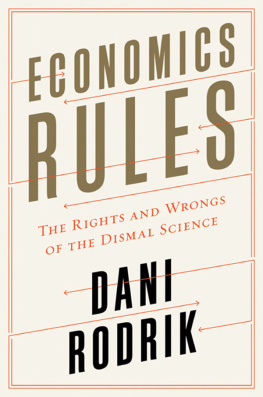
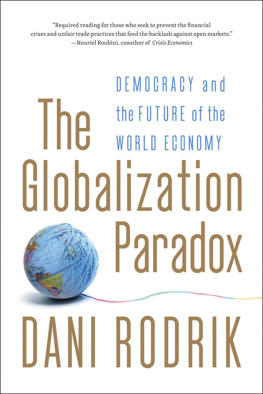
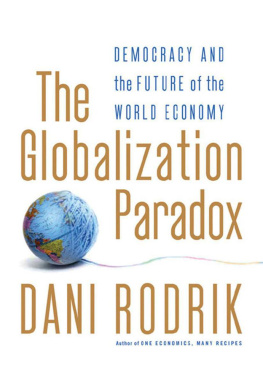

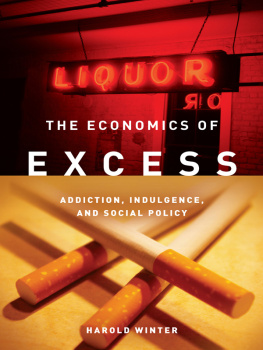
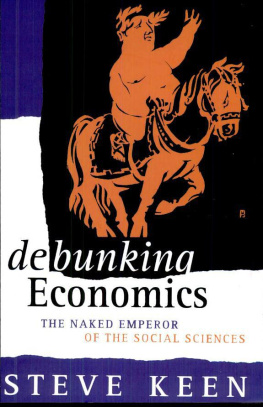
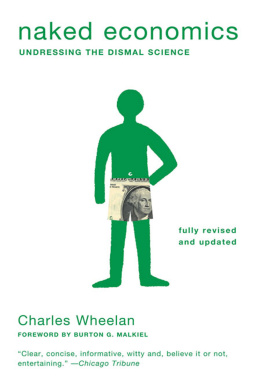
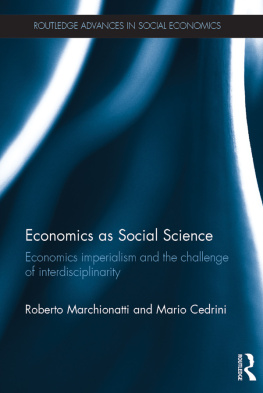
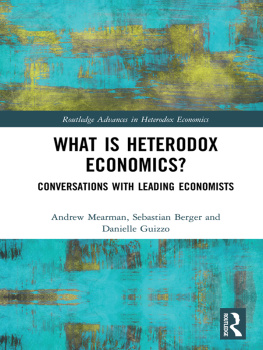

![David Orrell [David Orrell] - Quantum Economics](/uploads/posts/book/114631/thumbs/david-orrell-david-orrell-quantum-economics.jpg)

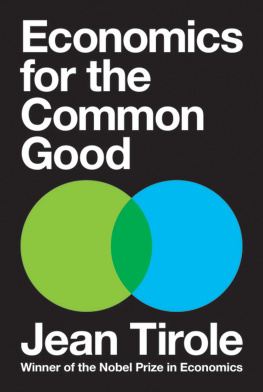
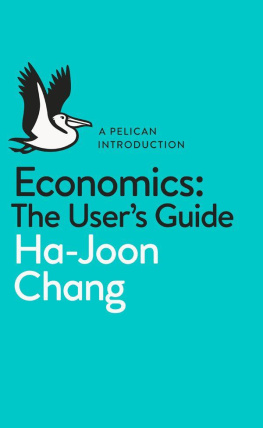
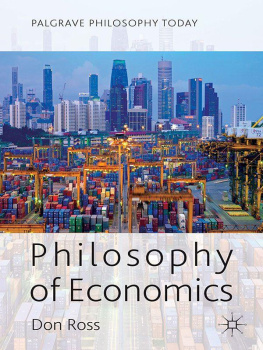


 an, who gave me her love and support throughout, in addition to helping me clarify my argument and discussion of economics concepts.
an, who gave me her love and support throughout, in addition to helping me clarify my argument and discussion of economics concepts.